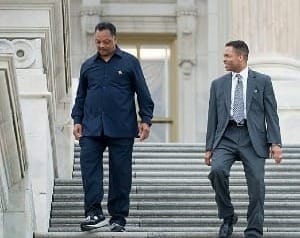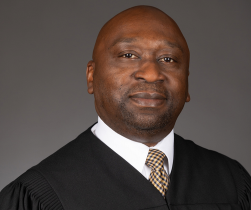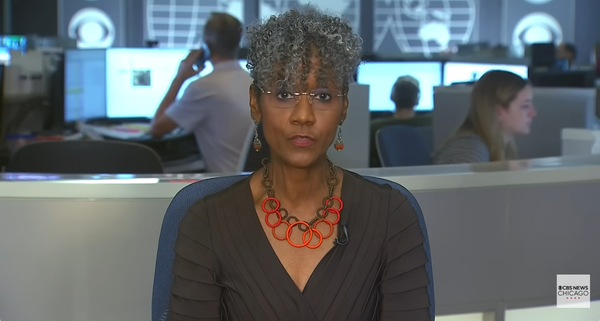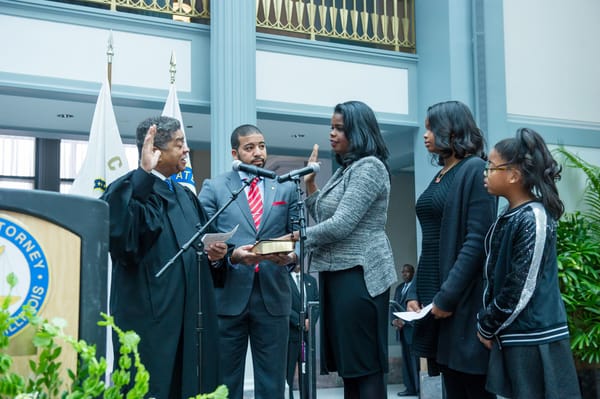FOIA File #29

All persons are entitled to full and complete information regarding the affairs of government and the official acts and policies of those who represent them as public officials.
So reads the first line of the Illinois Freedom of Information Act, making it among the most progressive laws in the country that give the people the right to review government files.
During these past two years of research into criminal cases old and new, the documents I've been able to obtain by means the Illinois public records statute, found at 5 ILCS 140, have been essential to the truth-seeking process.
But despite the mantra of open government, some gatekeepers fight tooth and nail to keep their office's files out of the public eye using an oft and perhaps improperly cited exemptions to deny access to police investigative files.
As a test of wills a FOIA officer might deny the records, citing one or more of the provisions in section 7 of the statute, leaving it up to the information seeker to determine go to "round two" – a request for review by a "public access counselor," a team of attorneys in the Office of the Illinois Attorney General designed to level the playing field for access to information.
I took up the challenge to engage the efforts of the public access counselor.
The response I received Monday for one of my FOIA requests might just flip the script.
[T]he City did not demonstrate by clear and convincing evidence that it properly denied the request pursuant to section 7(1)(d)(vii).
What's Section 7(1)(d)(vii)?
In Illinois one of the ways governments withhold public records is by claiming a FOIA exemption that says it would "obstruct" an ongoing investigation.
But they have to explain how disclosing the records could impact their case. In my request they didn't.
The City's denial letter cited the section 7(1)(d)(vii) exemption but did not provide any information concerning an ongoing criminal investigation. This office also did not receive any written response explaining how the reports could not be released without interfering with any investigation, despite this office's multiple requests for such a response. Accordingly, in the absence of facts or other information showing how release of the reports would interfere with an ongoing criminal investigation, the City did not demonstrate by clear and convincing evidence that it properly denied the request pursuant to section 7(1)(d)(vii).
With redactions to protect personal information, the public access counselor told the FOIA officer to give me the records.
Stay tuned for updates.



